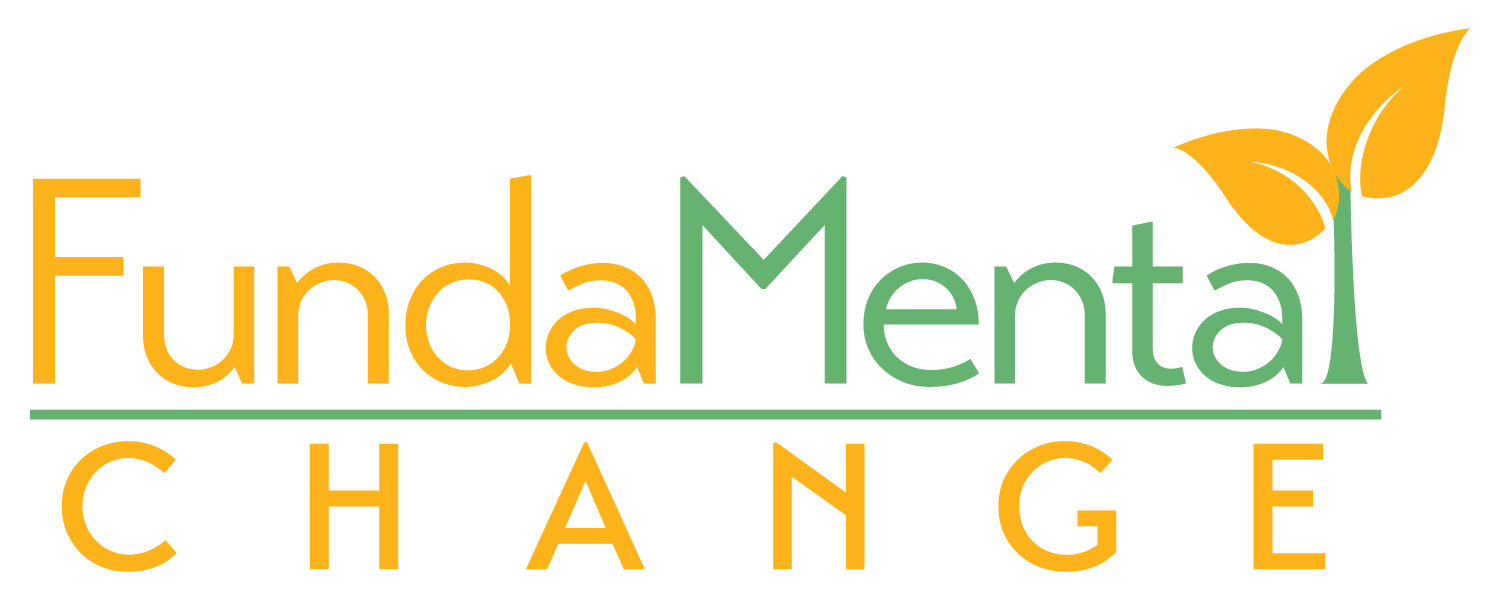Affordable Mental Health Resources in LA: Where to Go When You Can’t Afford Therapy
By • August 4, 2025
Mental health care can feel out of reach when you're worried about paying rent, groceries, or just getting through the week. You know you need support (maybe even desperately), but the idea of spending $150 a session just isn’t possible. This gap between needing help and being able to afford help is where a lot of people feel stuck.
In Los Angeles, there are options. And while the system is far from perfect, there are people and places trying to make mental health support more accessible, especially for those who need it most.
With Fundamental Change, you can…
- Browse our Resources for free support groups, therapist directories, and educational tools
- Check out our Events to stay connected with a mental health community that cares
- Need help or just want someone to talk to? Contact us, we’ll point you in the right direction
And remember: just because therapy is expensive doesn’t mean support is out of reach. You are not alone, and you don’t have to figure it out by yourself.
Below is a more comprehensive guide to help you get started.
1. Sliding Scale Clinics allow you to pay what you can
A lot of community-based mental health clinics operate on a sliding scale, which means the cost is based on your income. If you’re earning less or currently unemployed, many of these places offer therapy for as low as $15–$40 per session.
Here are some trusted centers in LA that offer sliding scale sessions:
- The Maple Counseling Center, Mid-City
- Southern California Counseling Center, Mid-City
- Open Paths Counseling Center, Inglewood
2. How to navigate insurance for mental health
In California, mental health care is protected by law.
Mental Health Parity Law: This law says that insurance companies must treat mental health the same way they treat physical health.
Medi-Cal: If you qualify, you can get therapy and psychiatry through LA County Department of Mental Health. There are over 85 contracted agencies providing care. You can apply for Medi-Cal online or at your local DPSS office.
Not sure where to start? Call ACCESS at (800) 854-7771, LA County’s 24/7 mental health line. They’ll ask a few questions and point you toward the right services, many of which are free.
3. University Clinics
If you’re okay seeing a supervised intern or trainee, many university programs offer free or very low-cost therapy through their training clinics.
Examples:
- Pepperdine University Community Counseling Center, West LA
- The Wright Institute Los Angeles, West LA
- Antioch University Counseling Center, Culver City
You’ll still receive quality care, and these therapists are supervised by licensed professionals. Some people even find these sessions more intentional and supportive.
4. Nonprofits
Some organizations offer therapy as part of broader services, especially if you’re navigating housing insecurity, job loss, or community trauma. Some good examples are:
- Los Angeles LGBT Center: Offers mental health services for LGBTQ+ folks and allies, including those uninsured.
- Didi Hirsch Mental Health Services: One of the largest mental health nonprofits in the region, with services in suicide prevention, trauma, and substance use recovery.
- APLA Health: Focused on providing support to the LGBTQ+ and HIV-affected communities, but open to others. Offers therapy, psychiatry, and group support.
5. Community Support Spaces
Support groups, peer-to-peer communities, and nonprofit-led circles can offer relief without any cost.
- NAMI Urban LA: Free support groups for individuals and families affected by mental illness.
- Project Return Peer Support Network: Offers peer-run groups all over LA County.
Final Thoughts
If you're feeling overwhelmed, discouraged, or just tired of trying to figure this out, you’re not alone. We hear this every day. The system can be hard to navigate, and it’s okay to say that. But it doesn’t mean you don’t deserve care.
Even if therapy seems out of reach today, that doesn’t mean there’s no path forward. Start small. Reach out to one place. Ask one question. That one step could bring you closer to the support you’ve been needing.
And if no one’s told you lately, you matter. Your mental health matters. And you shouldn’t have to choose between healing and survival.
